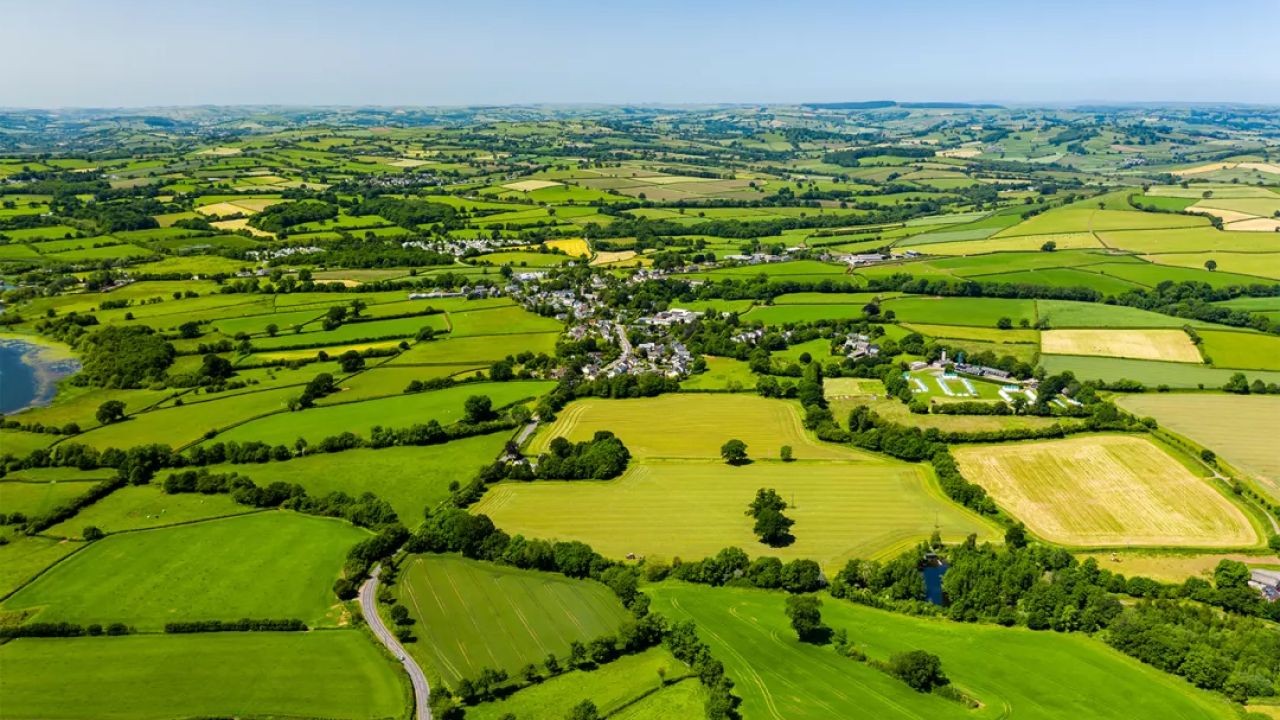New Zealand's colonial history is marked by significant turning points that have shaped the nation's cultural, economic, and political landscape. Understanding these milestones is crucial for sustainability advocates, as they provide insights into how past events influence current policies and industries in New Zealand. This article delves into ten major turning points in New Zealand's colonial history, offering a deep analysis from a sustainability perspective.
How It Works: A Deep Dive into New Zealand's Colonial History
The Treaty of Waitangi (1840)
The signing of the Treaty of Waitangi in 1840 was a pivotal moment in New Zealand's colonial history. This agreement between the British Crown and various Māori chiefs aimed to establish a framework for British settlement while protecting Māori rights. However, differing interpretations of the treaty's text in English and Māori led to conflicts and disputes over land and sovereignty.
From a sustainability perspective, the Treaty of Waitangi is fundamental in addressing environmental justice and resource management. The principles of the treaty have been incorporated into New Zealand's environmental policies, ensuring that Māori have a say in the stewardship of natural resources.
Land Wars and Confiscations (1860s)
The 1860s saw a series of land wars between the British settlers and Māori, primarily driven by European settlers' desire for more land. The subsequent confiscation of Māori land had long-lasting impacts on Māori communities, disrupting their traditional ways of life and economic systems.
Today, these historical injustices are being addressed through various settlement processes, aiming to restore land ownership and provide economic opportunities for Māori. This process highlights the importance of sustainable development that includes reparative measures for indigenous communities.
Women's Suffrage (1893)
New Zealand became the first self-governing country to grant women the right to vote in 1893. This was a significant social turning point, reflecting the nation's progressive approach to gender equality. Women's suffrage paved the way for greater female participation in politics and decision-making processes, which are crucial for implementing sustainable policies.
Women's involvement in environmental advocacy has been instrumental in pushing for sustainable practices and policies in New Zealand, emphasizing the interconnectedness of gender equality and sustainability.
Pros & Cons Evaluation
Pros of Historical Turning Points
- Progressive Policies: New Zealand's early adoption of progressive policies, such as women's suffrage, set a precedent for inclusive governance.
- Recognition of Indigenous Rights: The Treaty of Waitangi continues to influence environmental and social policies, promoting indigenous rights and sustainable resource management.
- Cultural Diversity: Historical events have shaped New Zealand's multicultural society, fostering a rich cultural heritage that supports diverse approaches to sustainability.
Cons of Historical Turning Points
- Land Confiscations: The confiscation of Māori land has had long-term negative impacts on Māori communities, requiring ongoing reparative efforts.
- Interpretation Conflicts: Differing interpretations of the Treaty of Waitangi have led to ongoing legal and political disputes.
- Colonial Legacy: The colonial legacy continues to influence social and economic inequalities, necessitating targeted interventions for sustainable development.
Real-World Case Studies
Case Study: Waikato-Tainui Settlement – Reclaiming Land and Heritage
Problem: Waikato-Tainui, a Māori iwi, faced significant land confiscations during the 19th century, leading to economic and cultural disruption.
Action: In 1995, Waikato-Tainui reached a settlement with the New Zealand government, which included financial compensation and the return of some land. This enabled the iwi to invest in economic development and cultural revitalization.
Result: The settlement has led to substantial economic growth for Waikato-Tainui, including investments in agriculture, tourism, and real estate. The iwi has also been able to strengthen its cultural identity and influence regional development policies.
Takeaway: This case study highlights the importance of addressing historical injustices through reparative measures that promote economic and cultural sustainability.
Common Myths & Mistakes
Myth vs. Reality
- Myth: "The Treaty of Waitangi was a fair agreement for all parties involved."
- Reality: The differing interpretations of the treaty's text have led to numerous disputes and legal challenges, highlighting the need for ongoing dialogue and reconciliation.
- Myth: "Women's suffrage in New Zealand was universally supported."
- Reality: The suffrage movement faced significant opposition, particularly from those who feared it would disrupt traditional gender roles.
Common Mistakes to Avoid
- Ignoring Indigenous Perspectives: Sustainable policies must incorporate indigenous knowledge and perspectives to be truly effective and equitable.
- Overlooking Historical Context: Failing to consider historical injustices can lead to policies that perpetuate existing inequalities.
Future Trends & Predictions
By 2030, it is predicted that New Zealand's approach to sustainability will continue to evolve, with greater emphasis on indigenous-led initiatives and community-based resource management. The principles of the Treaty of Waitangi will play a crucial role in shaping these policies, ensuring that they are inclusive and equitable.
Conclusion
New Zealand's colonial history is rich with lessons that are crucial for understanding the nation's current sustainability challenges and opportunities. By examining these turning points, sustainability advocates can gain valuable insights into how historical events continue to influence modern policies and practices. As New Zealand moves forward, it is essential to address past injustices and promote inclusive and equitable development for all communities.
What’s your take on New Zealand’s colonial history and its impact on sustainability? Share your insights below!
People Also Ask
- How does New Zealand's colonial history impact its current policies? The Treaty of Waitangi and historical land confiscations continue to influence New Zealand's policies, promoting indigenous rights and sustainable resource management.
- What are the biggest misconceptions about New Zealand's colonial history? A common misconception is that the Treaty of Waitangi was a fair agreement for all; however, differing interpretations have led to ongoing disputes.
- What upcoming changes in New Zealand could affect sustainability? By 2030, policy updates focusing on indigenous-led initiatives and community-based resource management are expected to enhance sustainability efforts.
Related Search Queries
- New Zealand colonial history timeline
- Treaty of Waitangi significance
- Impact of land wars in New Zealand
- Women's suffrage movement in New Zealand
- Indigenous rights in New Zealand
- Waikato-Tainui land settlement
- Sustainable development in New Zealand
- New Zealand environmental policies
- History of Māori land confiscations
- Future of New Zealand sustainability policies

































lorafqz400863
1 month ago